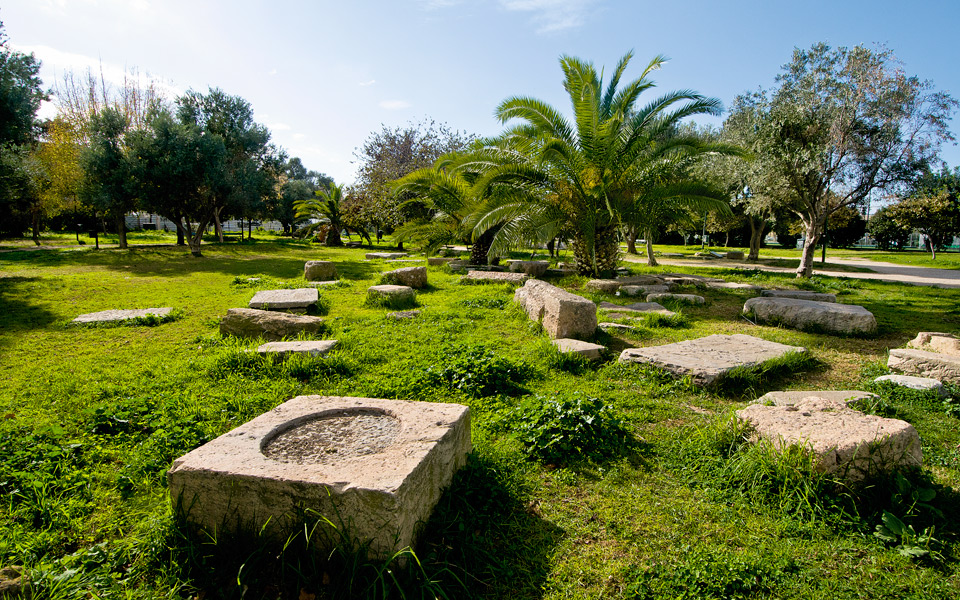Disability in Ancient Greece: Myths, Facts, and Accessibility...
Professor Debby Sneed explores disability in...

Plato’s Academy, Aristotle’s Lyceum
© Clairy Moustafellou
Philosophy is inextricably linked with democracy. Without the questioning presupposed by philosophy, the ancient Greeks would not have invented democracy. Similarly, the atmosphere in democratic Athens created ideal conditions for the emergence of philosophy: Initially with the Sophists, later with Socrates and finally, in the 4th century BC, with the founding of the first great philosophical schools in history, Plato’s Academy (pictured) and Aristotle’s Lyceum.
These schools were established on the sites of older public gymnasia (athletic training centers), since the philosophers primarily wished to address the young people who frequented such places. Gradually, theoretical teaching became more important than physical training and these places became centers of study and education. It is no coincidence that many of the words used today for educational institutions in many languages derive from the names of these centers of learning in ancient Athens (gymnasium, lycée, academy, etc.).
Professor Debby Sneed explores disability in...
Discover how ancient Greek architecture inspired...